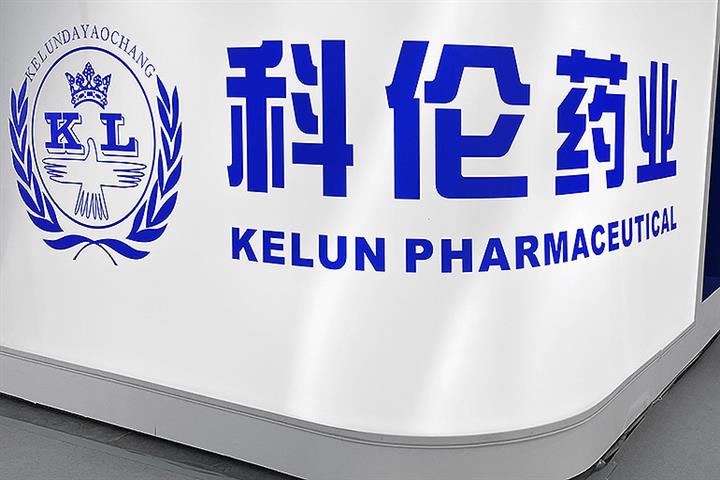 China’s Kelun Soars on Cancer Drug Licensing Deal With US’ Merck Worth Up to USD9.3 Billion
China’s Kelun Soars on Cancer Drug Licensing Deal With US’ Merck Worth Up to USD9.3 Billion(Yicai Global) Dec. 23 -- Shares in Kelun Pharmaceutical surged by the exchange-imposed limit today after the Chinese drug developer said it has granted exclusive global licenses for seven experimental oncological drugs to US pharma giant Merck which could bring in as much as USD9.3 billion in earnings once the drugs go to market.
Kelun Pharma’s share price [SHE:002422] closed up 10 percent at CNY23.98 (USD3.43) apiece.
Kelun Pharma has granted New Jersey-based Merck, which does business outside the US as Merck Sharp & Dohme, exclusive rights to research, develop, manufacture and commercialize the preclinical antibody-drug conjugate therapies in major markets outside of mainland China, Hong Kong and Macau, the firm said yesterday, citing the agreement penned between the two parties that day.
Unit Kelun-Biotech Biopharmaceutical will receive a non-refundable upfront payment of USD175 million when the agreement comes into force as well as milestone payments and sales commissions after the drugs come onto the market, the parent firm said. If all the licenses are global exclusive ones and all the drugs successfully reach the shelves, the deal could be worth as much as USD9.3 billion, it added.
No information was given about the stage of development that the drugs are at nor their application prospects. The deal is still pending an anti-trust review by the US Department of Commerce as well as final approval by Chengdu, southwestern Sichuan province-based Kelun Pharma and Kelun-Biotech.
“The further expansion of our collaboration with Merck provides a strong endorsement for our technology from a leader in the development of cancer treatments,” Ge Junyou, chief executive officer at Kelun-Biotech, said in the press release.
It is Kelun Pharma’s third licensing deal with Merck Sharp & Dohme since May to develop and commercialize cancer drugs outside of China. Kelun-Biotech has received down payments of USD82 million from the first two licenses, issued in May and July, and will likely rake in milestone payments of nearly USD2.3 billion.
Editor: Kim Taylor